15 Songs That Radio Stations Wouldn’t Play
While societal norms have softened over the years, and once-controversial songs have come to be regarded as classics, music censorship is something that’s been happening, to some degree, ever since the dawn of popular music being played on the radio.
The reasons for this censorship vary: It can be something as simple as offensive lyrics or something more subtle, like the political implications of a song’s theme. In fact, some songs were banned, then unbanned, then banned once more. All of these songs have run afoul of censorship regulations and were banned from terrestrial radio, MTV, the BBC, or a combination of all three.
The Shirelles: “Will You Still Love Me Tomorrow” – 1960
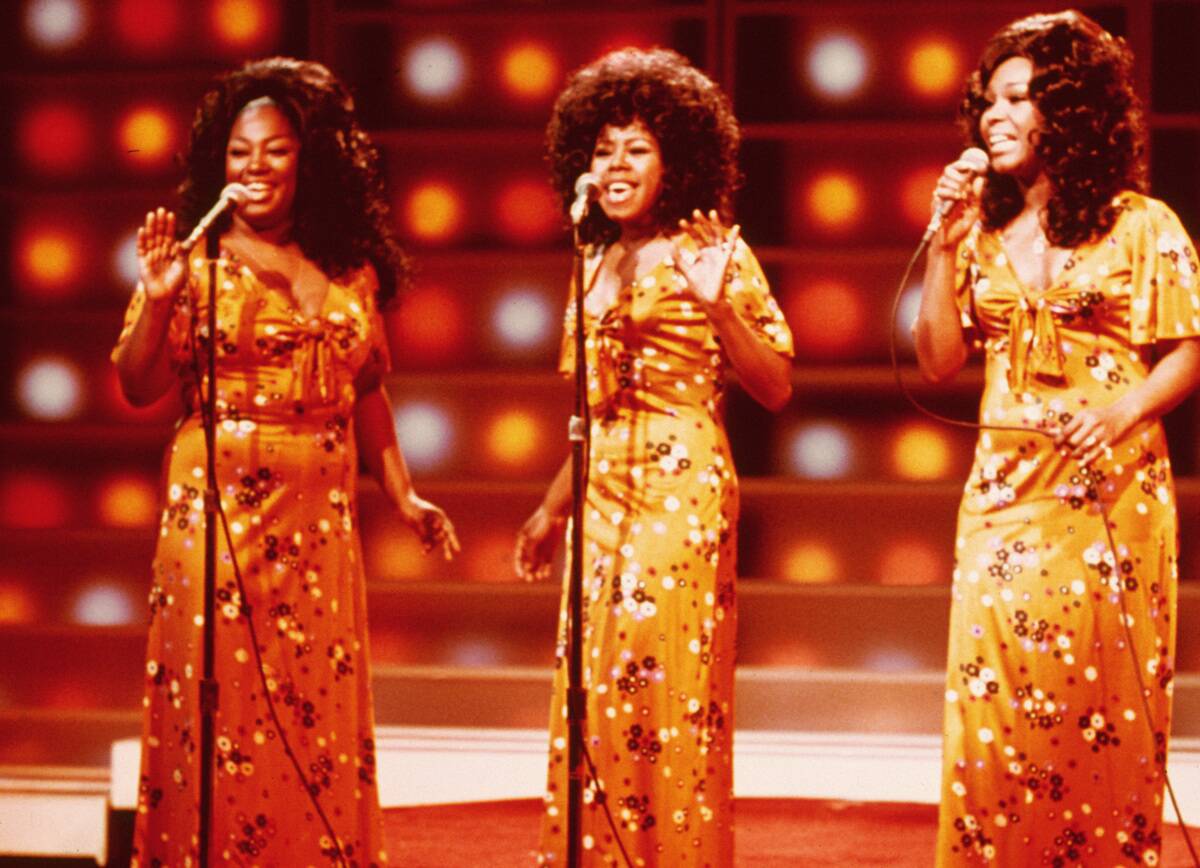
A landmark song in pop and R&B history, “Will You Still Love Me Tomorrow” became the first song by an all-female group to reach number one on the Billboard Hot 100.
The song’s lush vocals and poignant theme evidently resonated with audiences, but some radio stations opted to ban it from being played. This was due not to any explicit lyrics, but rather the theme of the song itself, in which the narrator considers whether her partner will still love and respect her after they become intimate together.
Loretta Lynn: “The Pill” – 1975
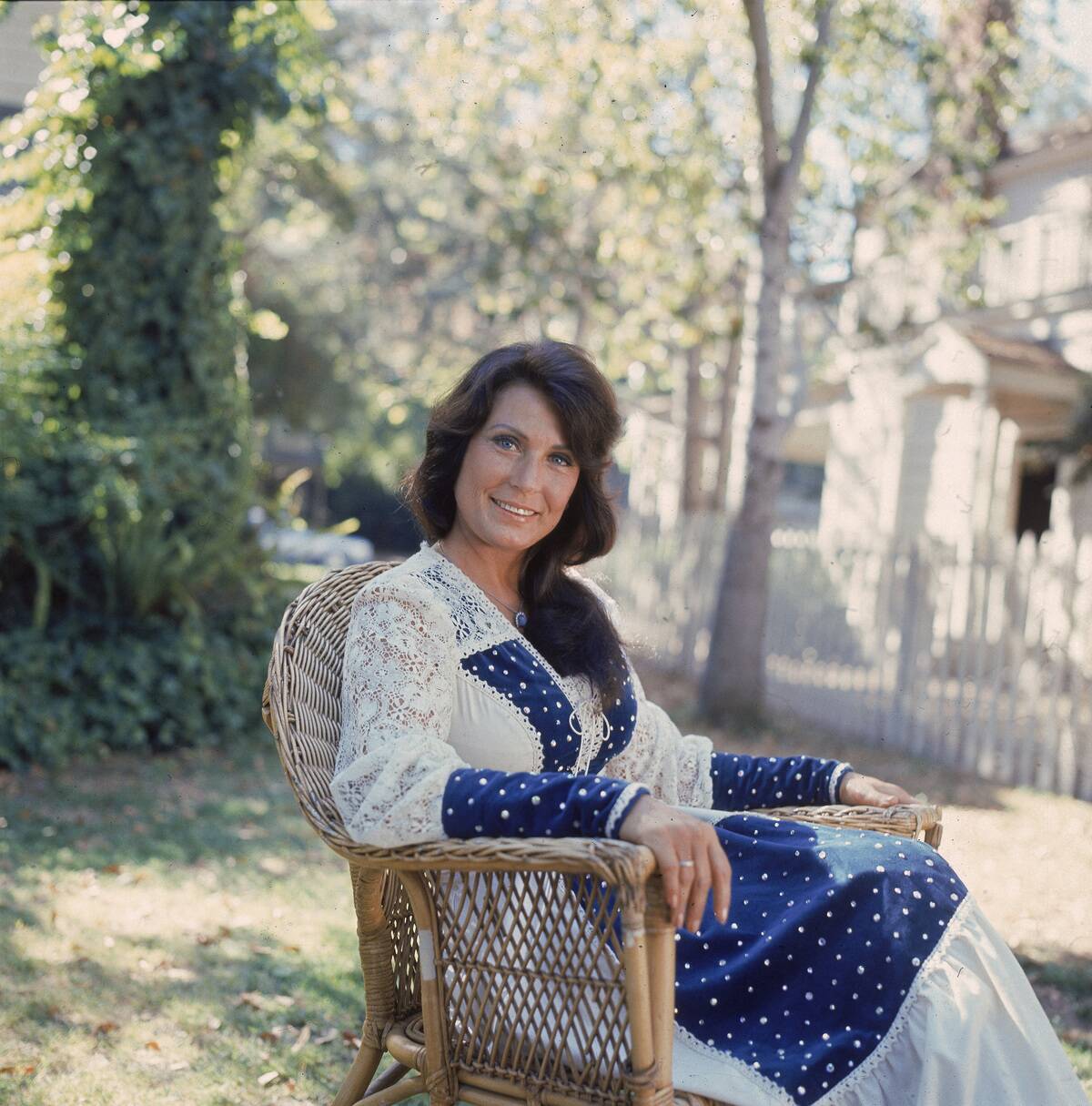
While some songs make an effort to dance around controversial subject matter, Loretta Lynn’s country song “The Pill” is a frank and unapologetic perspective on birth control, referred to as “the pill.”
The song could be considered a feminist anthem for its celebration of female bodily autonomy and family planning, but these themes were just too risqué for certain radio stations to risk playing it. In all, more than 60 country radio stations banned it on its release in 1975.
Van Morrison: “Brown Eyed Girl” – 1967
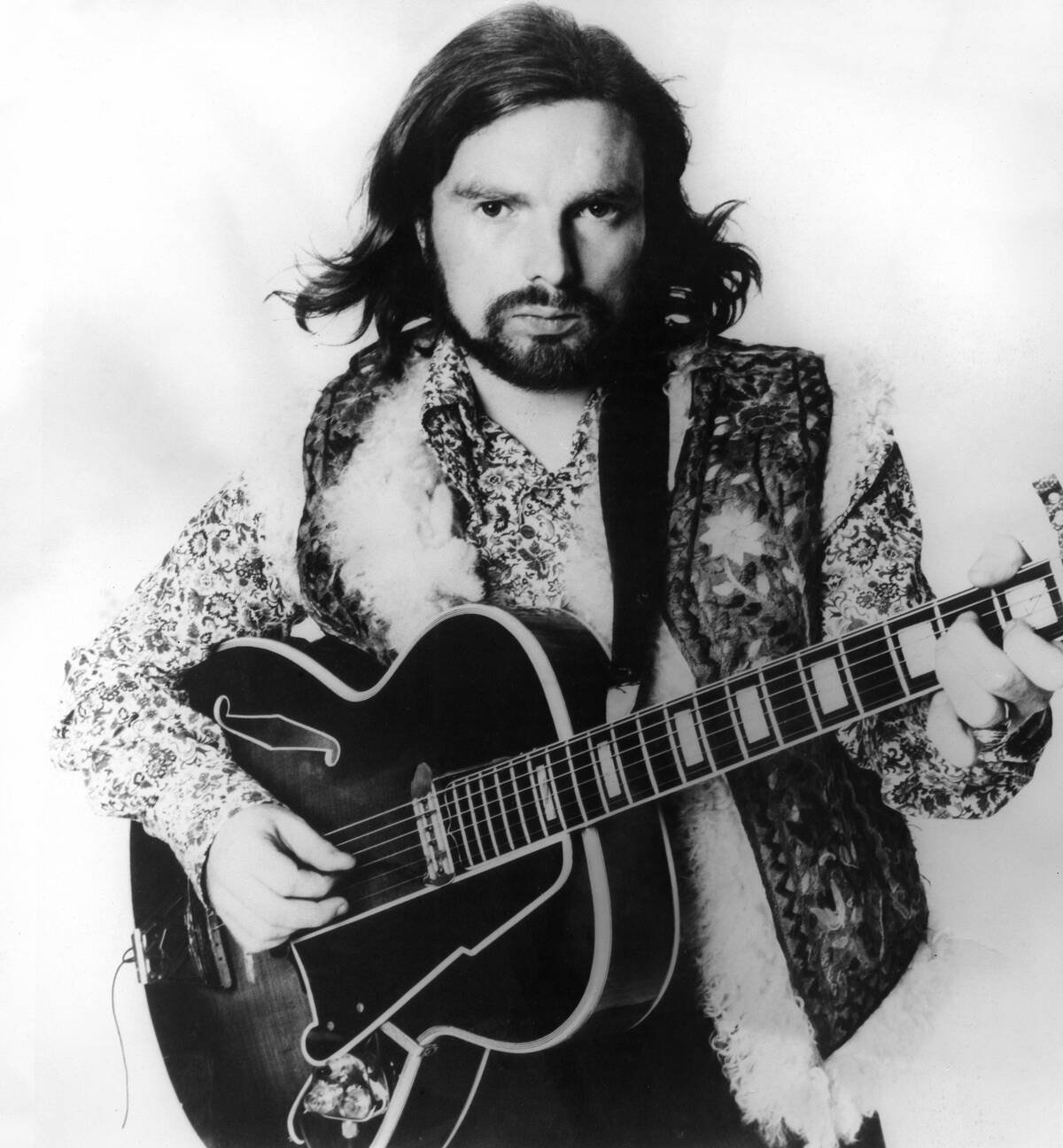
Van Morrison’s now-iconic hit “Brown Eyed Girl” was originally called “Brown-Skinned Girl” and depicted an interracial relationship, but the title was switched up to make it more radio-friendly.
The retooled song ran into censorship issues regardless, as some radio stations took exception to the line, “making love in the green grass,” which was considered fairly explicit at the time. An edited version that changed the line to “laughin’ and a-runnin’, hey hey” largely fixed the issue, though most modern versions now feature both lines.
The Beach Boys: “God Only Knows” – 1966
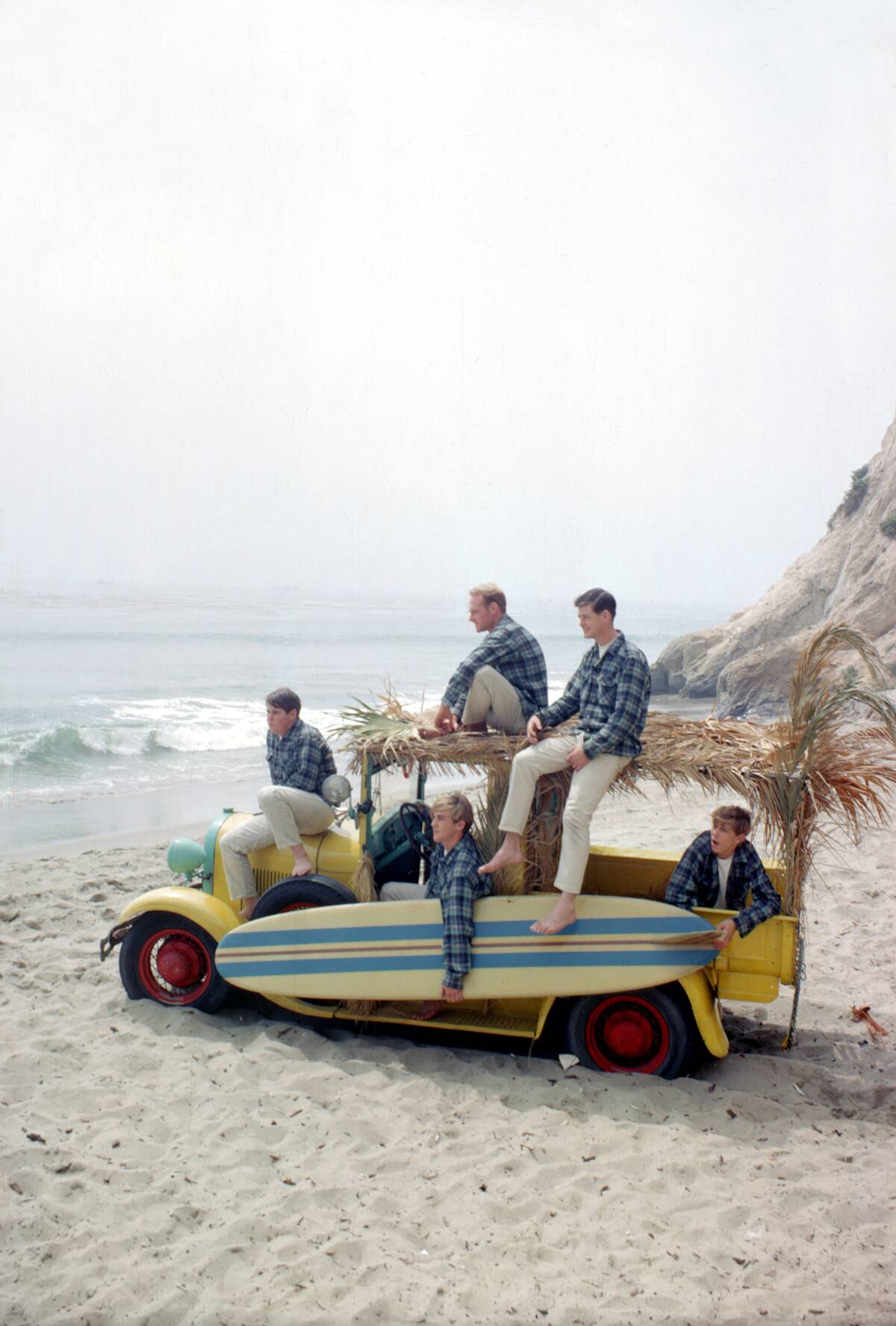
The beautiful, lush orchestration of “God Only Knows” makes it one of the Beach Boys’ signature tunes, one that explores themes of profound love and emotional dependency. Despite the presence of the word “God” in the title, the song does not deal with religious themes.
Even though the song is decidedly uncontroversial by modern standards, the very presence of the word “God” in its title and lyrics was enough for many radio stations to consider it blasphemous. While it’s a beloved classic today, it initially had trouble finding traction in the United States.
Nine Inch Nails: “The Hand That Feeds” – 2005

“The Hand That Feeds” features the hard-edged industrial rock that Nine Inch Nails is known for, along with a political message — one that critiques blind obedience to authority and challenges political complacency.
The song was correctly viewed as a critique of the Bush administration’s War on Terror, and was hardly the only mainstream song that criticized Bush. It wasn’t formally banned from radio, but MTV was uncomfortable with a planned performance of the song at the MTV Movie Awards, which would have featured an image of Bush. After MTV asked Nine Inch Nails to tone it down, they responded by dropping out of the performance.
The Kinks: “Lola” – 1970
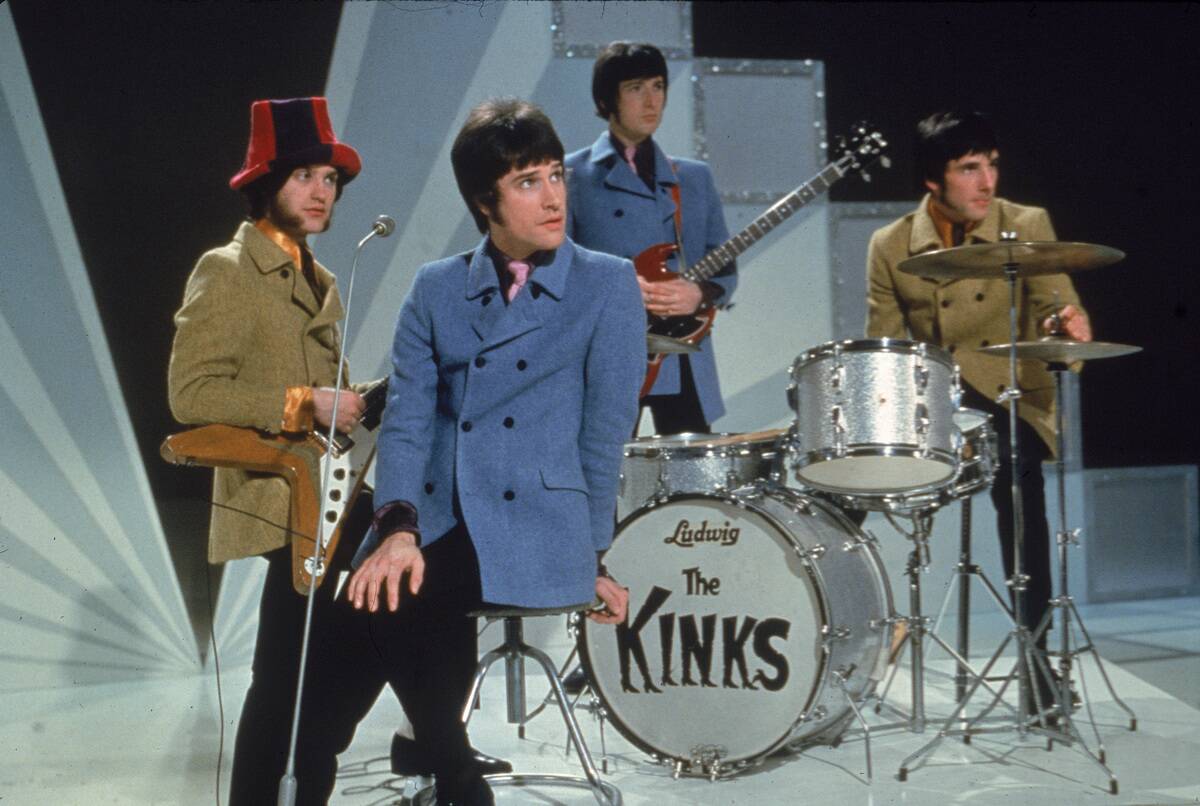
“Lola” is an unusual song for its time, as it uses humor and ambiguity to arrive at its ultimate conclusion: That the person flirting with the story’s narrator is actually a transgender woman.
While this daring subject was somewhat controversial, it wasn’t actually what got the song banned. Instead, the song’s mention of “Coca-Cola” violated BBC Radio’s policy against product placement and, as such, could not be played. Songwriter Ray Davies had to interrupt the band’s North American tour to fly back to England and change the lyric to “cherry cola” ahead of the song’s release.
Olivia Newton-John: “Physical” – 1981
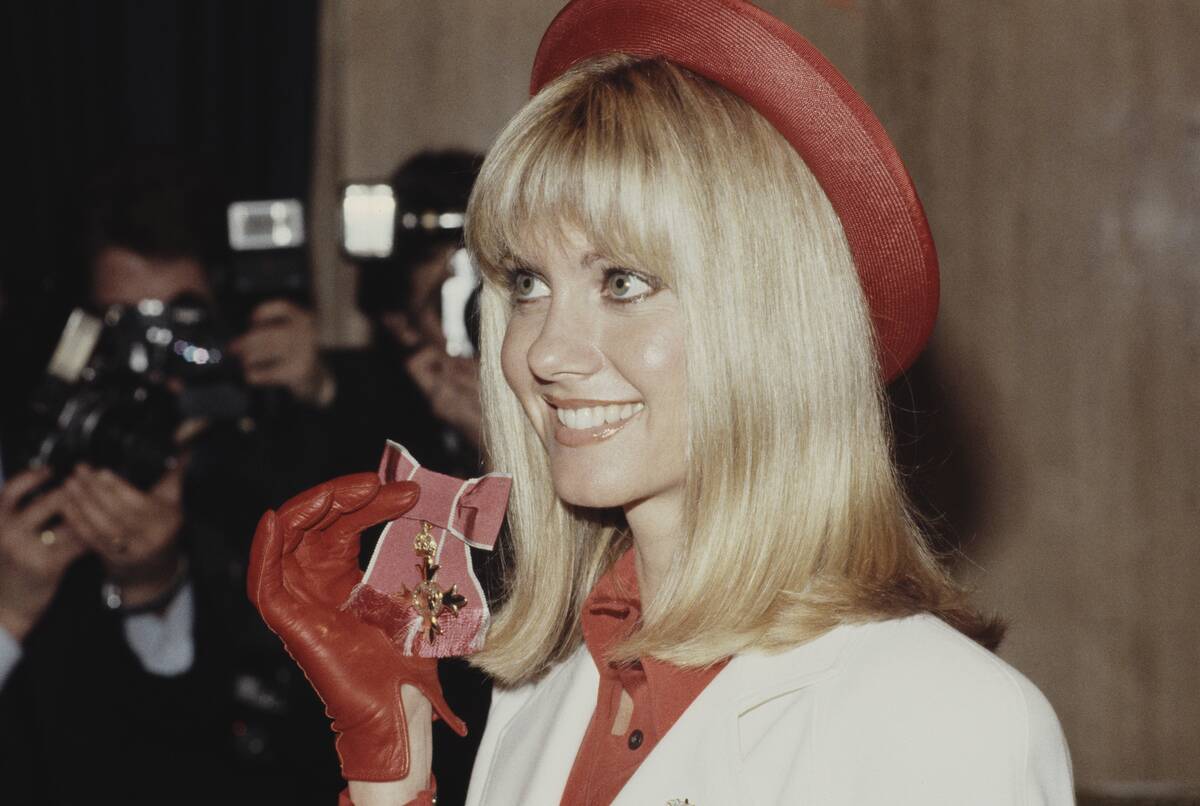
Olivia Newton-John shed her wholesome country-pop image to take on a slightly more edgy (though still relatively wholesome) dance-pop image at the dawn of the ’80s. Her single “Physical,” released in 1981, became a huge hit.
However, the song encountered some hurdles along the way, as its suggestive lyrics (such as “There’s nothing left to talk about unless it’s horizontally”) were enough to get it banned from some radio stations. The music video also attracted controversy, as it featured a gay couple holding hands.
The Doors: “Light My Fire” – 1967, 1991
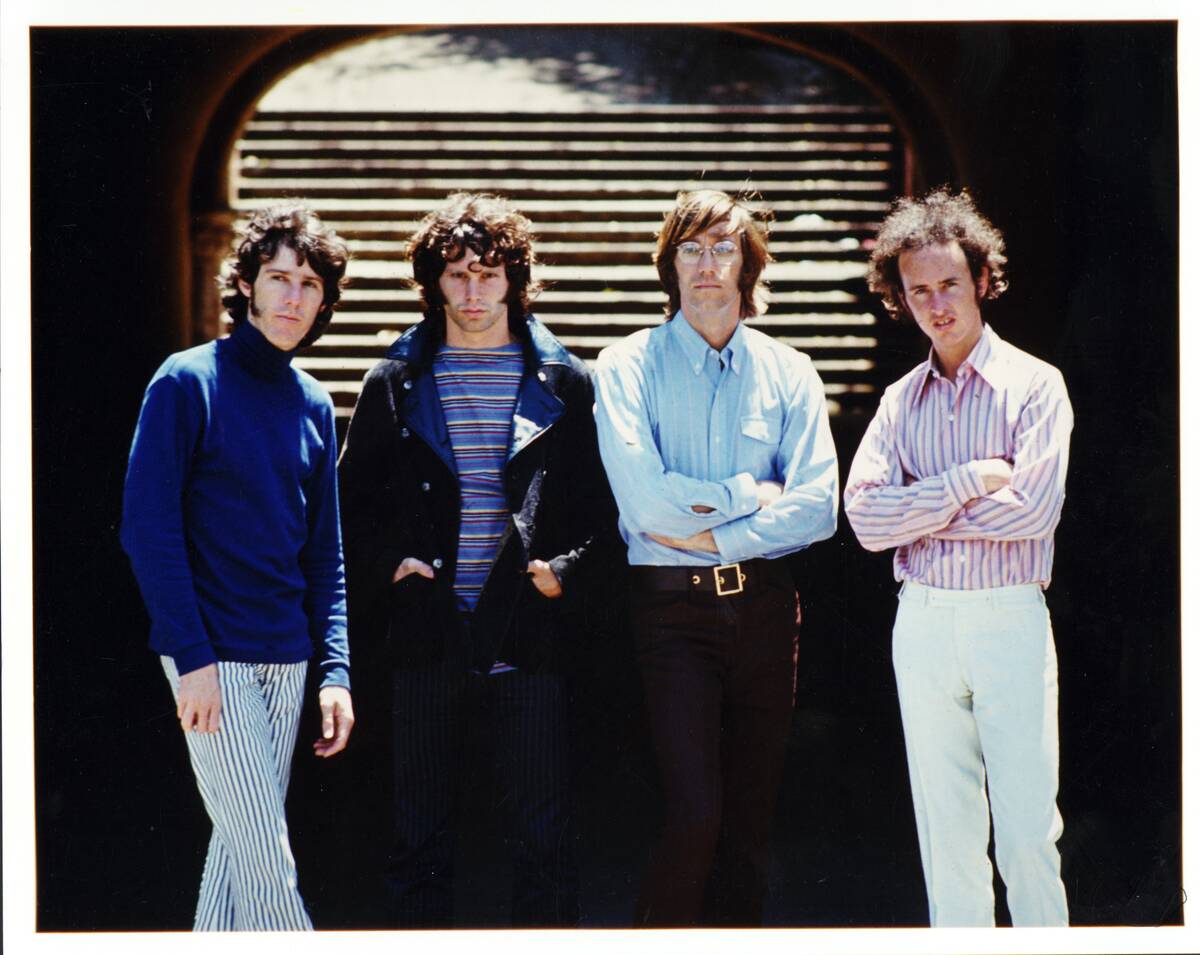
The Doors were famously banned from The Ed Sullivan Show in 1967 after singer Jim Morrison agreed to censor the line, “Girl, we couldn’t get much higher” during a live performance, then gleefully said the line anyway.
The song went on to become a classic regardless, even though some radio stations had misgivings about its perceived innuendo and references to illicit substances. In 1991, BBC banned the song during the Persian Gulf War because the words “light my fire” were seen as problematic within the context.
Jimi Hendrix: “Hey Joe” – 1966, 2001
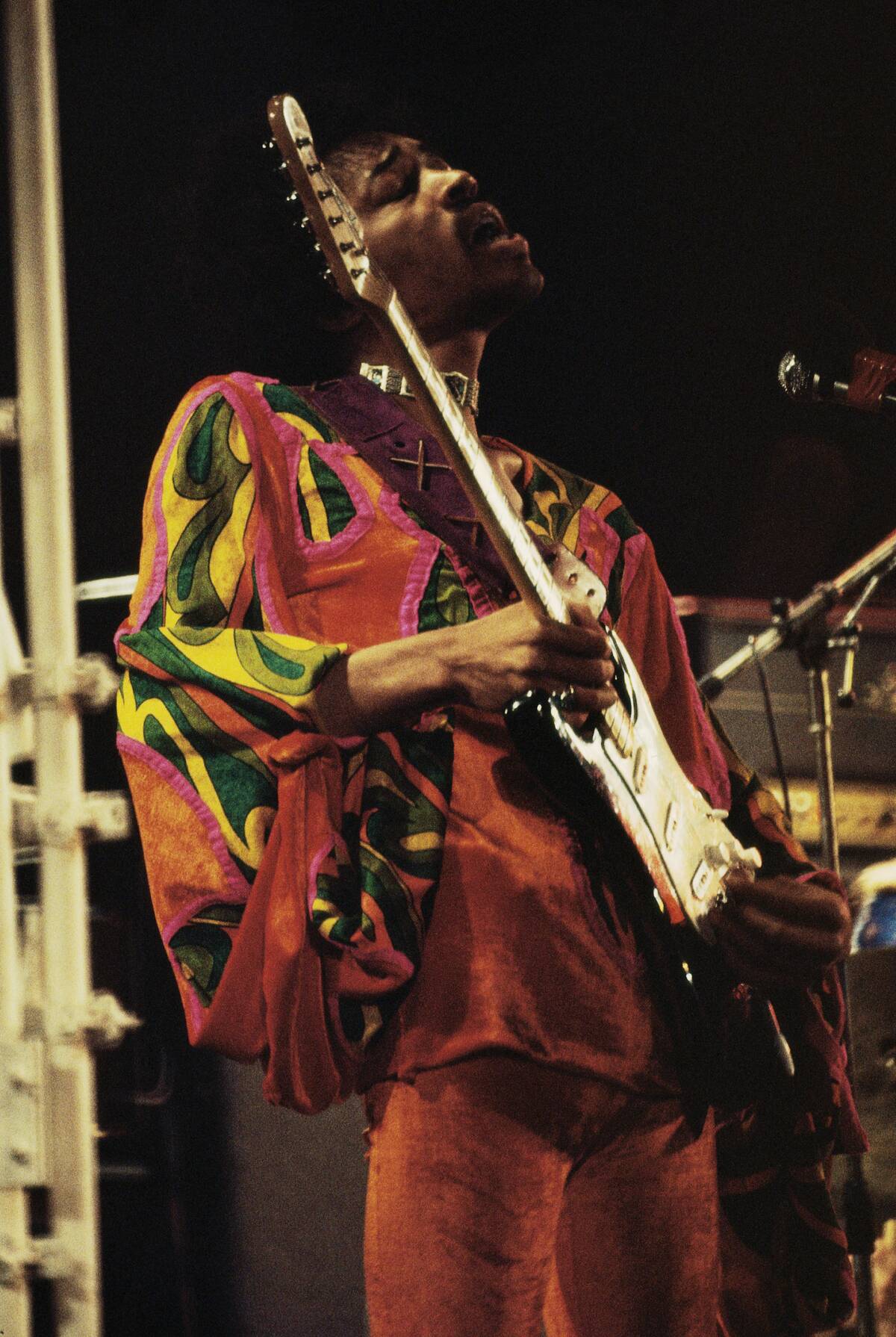
Jimi Hendrix’s moody “Hey Joe” tells the dark tale of a man on the run after shooting his unfaithful partner, but its perceived promotion of gun violence — along with its violent storyline — led it to be banned or restricted on many radio stations.
Hendrix also found himself banned from the BBC after abruptly stopping a live BBC performance of “Hey Joe” to transition into a noisy cover of Cream’s “Sunshine of Your Love.” Years later, around the time of 9/11, “Hey Joe” was restricted on Clear Channel Communications stations for its violent theme.
The Who: “My Generation” – 1965
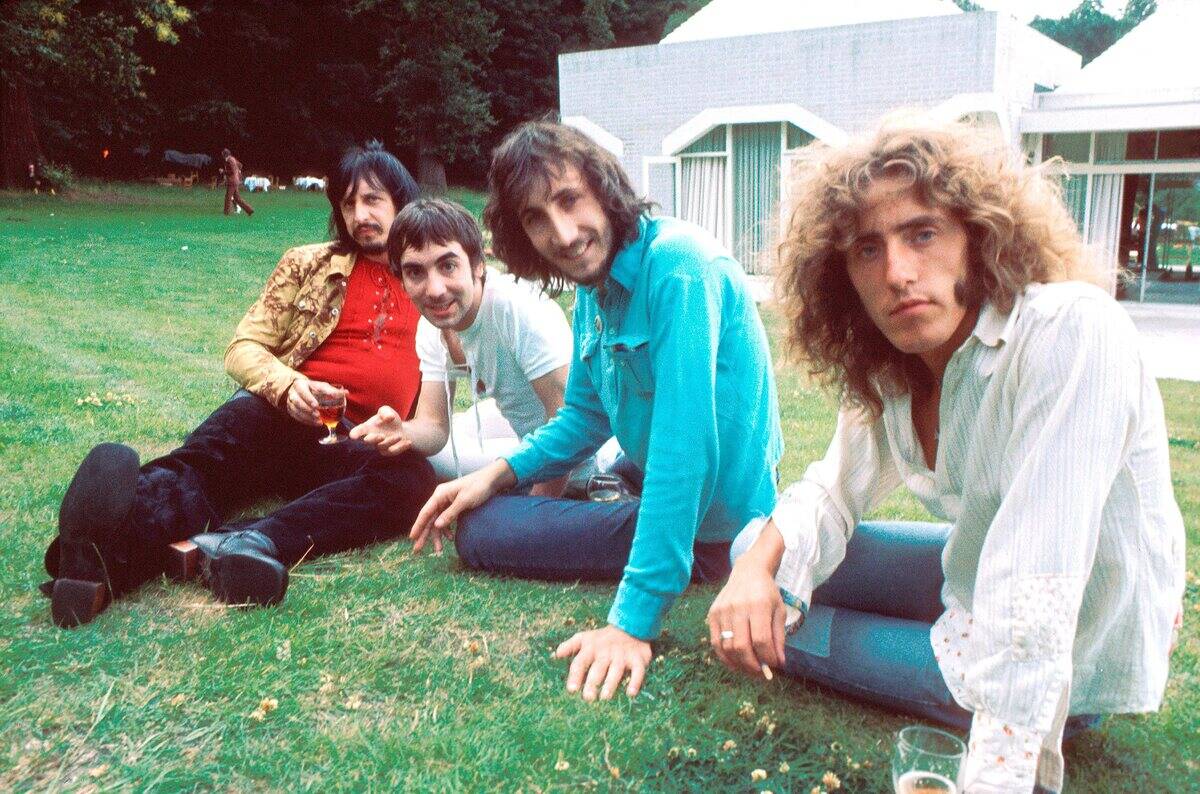
The Who’s “My Generation” served as a direct and rebellious challenge to societal norms and authority figures, which was enough to put it on the radar of radio censors.
While the song didn’t encounter particularly widespread censorship on American terrestrial radio, it was prohibited from receiving airplay by the BBC. This wasn’t because of its themes, but rather for its stuttering delivery, which was seen as offensive to people with actual stuttering problems. After the song proved to be a huge hit, the BBC relaxed their stance.
Billie Holliday: “Strange Fruit” – 1939
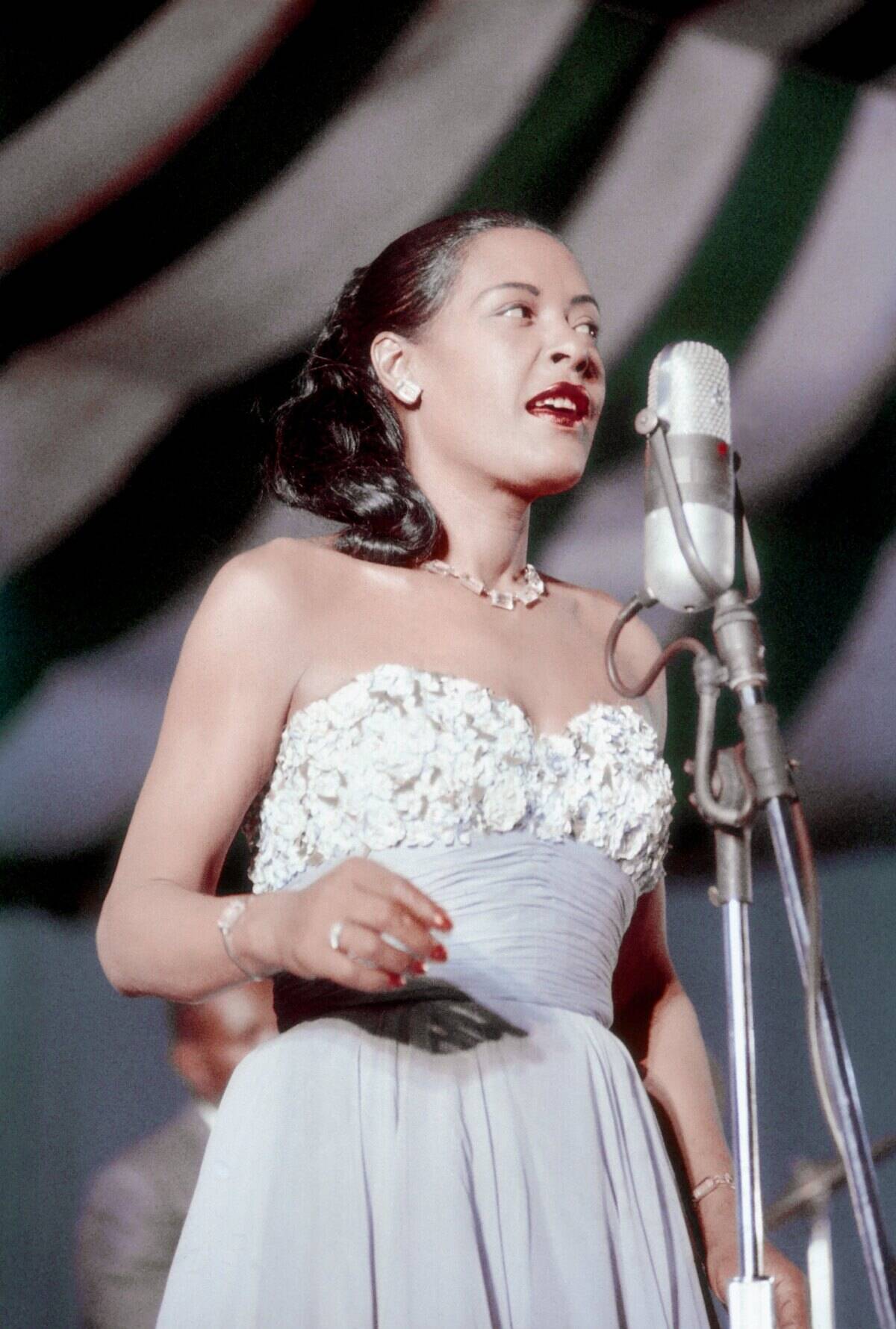
In an era where most songs had lighthearted lyrics, Billie Holliday’s “Strange Fruit” — originally a poem written by Abel Meeropol — dealt with the dark and very real theme of racially-motivated lynchings in the U.S. South.
The lyrics are unflinching and offer a graphic depiction of bodies hanging from trees, confronting listeners with the horrors of racism and injustice. Given the time it was released in, it’s unsurprising — but also disappointing — that many radio stations and record stores refused to have anything to do with it.
The Bangles: “Walk Like an Egyptian” – 1991, 2001
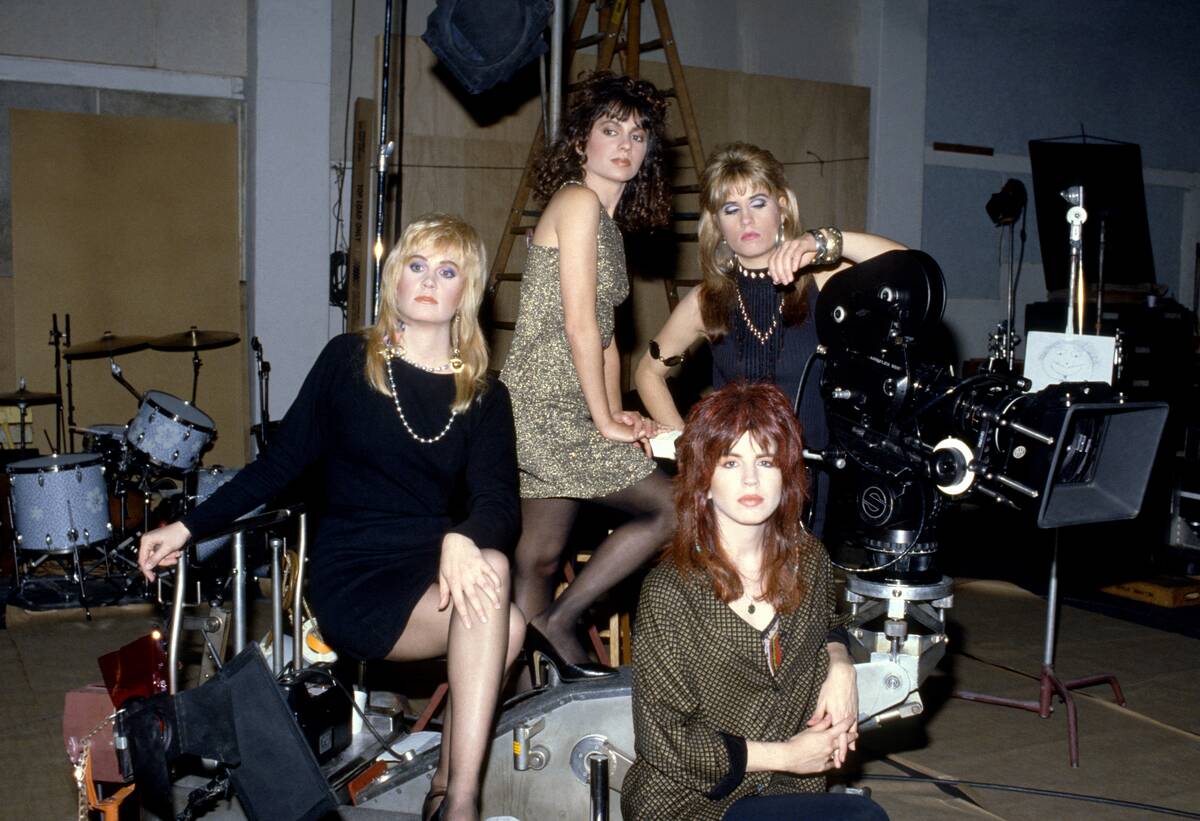
The bouncy, infectiously catchy Bangles hit “Walk Like an Egyptian” was a massive commercial success and became one of the most enduring hits of the ’80s, with lyrics that compare people’s arm movements to poses from ancient Egyptian art.
Despite its upbeat tone, it was banned or restricted on two separate occasions — in 1991, during the Gulf War, and in 2001, after 9/11. In both cases, the reason given was perceived cultural insensitivity and stereotyping of Middle Eastern or Egyptian culture.
Phil Collins: “In the Air Tonight” – 1991, 2001
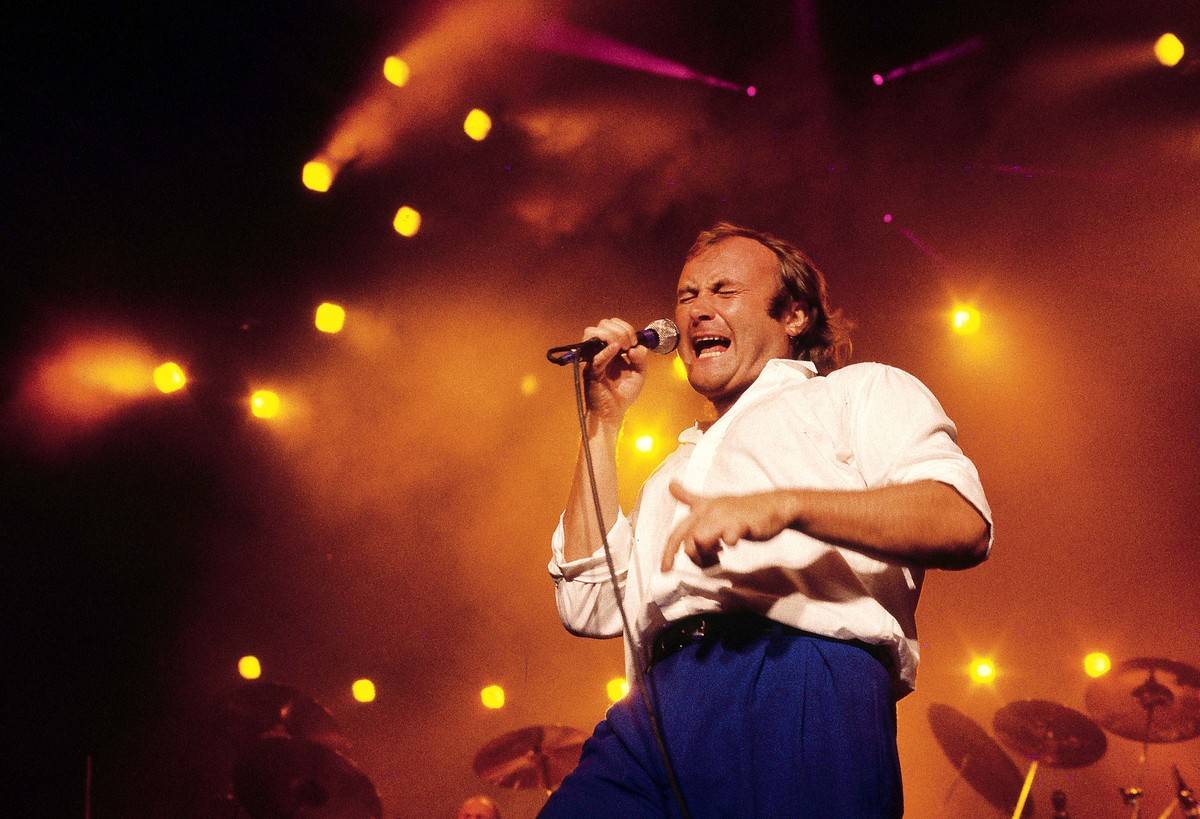
The haunting and dramatic atmosphere of Phil Collins’ 1986 single “In the Air Tonight” made it a hit, and its frequent inclusion in film, TV shows, and TV commercials has kept it popular ever since.
The song’s lyrics are moody but ambiguous, offering little clue as to what Collins is actually singing about. Despite this ambiguity, the BBC forbade the song, along with 66 others, from airplay in 1991 due to the perception that they referenced the Gulf War. Then, in 2001, Clear Channel Communications prohibited the song in the wake of 9/11.
M.I.A.: “Paper Planes” – 2007

M.I.A.’s “Paper Planes” used The Clash’s eclectic “Straight to Hell” as its basis, layering in a chorus that was punctuated with the sounds of gunshots and cash registers, all while critiquing capitalism, the global war on terror, and issues faced by immigrants.
The subject matter wasn’t enough to get the song censored, but the gunshot sound effects were evidently a bridge too far. Some radio stations banned the song from receiving any airplay, while TV shows — notably Late Night With David Letterman — also censored live performances.
Lady Gaga: “LoveGame” (2009)

“LoveGame”, the third single from Lady Gaga’s debut album The Fame, is classic Gaga: A catchy beat that’s ready for the dance floor, combined with suggestive and risqué lyrics. One such line — “I wanna take a ride on your disco stick” — led to radio stations restricting or outright banning the song.
Lady Gaga said that while the innuendo was not intended to be subtle, she still thinks the censorship was unnecessary. Despite, or because of, the controversy, the song went on to be a hit and helped lay the groundwork for Lady Gaga’s pop chart dominance.



